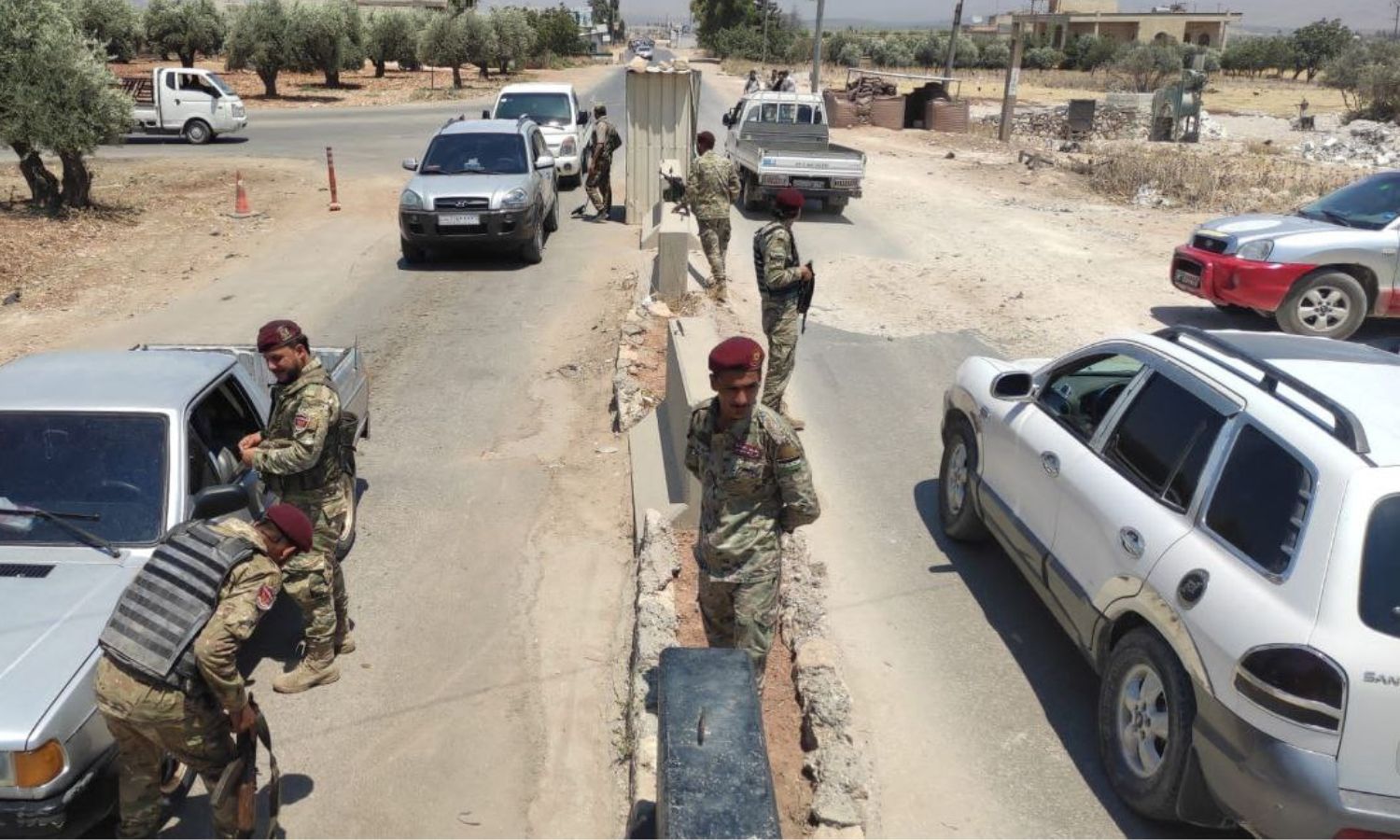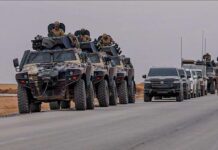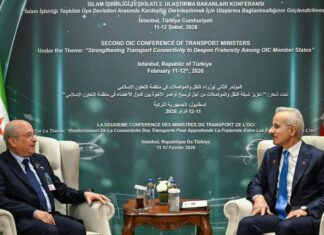
The Abu Al-Zandin crossing, a key trade route linking areas controlled by the Assad regime with those under the control of the Turkish-backed Syrian Interim Government (SIG) and the Syrian National Army (SNA) was readied for transit yesterday, August 18. The move, set to be finalized today, has reignited fierce protests and opposition from local civilians and religious leaders, denouncing the decision amid ongoing attacks by the regime against the Syrian people.
Local sources reported that trucks loaded with goods have already begun preparing to pass through the Abu Al-Zandin crossing, which lies in the eastern countryside of Aleppo near the city of Al-Bab. The reopening follows a controversial trial in June, during which an initial attempt to open the crossing was met with widespread protests. The demonstrations culminated in the destruction of crossing equipment and a swift closure of the route.
The reopening of the crossing is being facilitated by the SIG and the Military Police, who manage the crossing from the side of the liberated areas. Despite the official rationale citing “economic benefits,” including “improved living conditions and stimulated commercial activity” in the region, the move has been met with significant backlash.
Opponents argue that the crossing will primarily benefit the Assad regime while posing severe risks to the liberated areas. Religious and community leaders in northern Syria have voiced their concerns, emphasizing the potential harms, including the influx of Captagon, a widely trafficked narcotic linked to Assad and his allies.
Mahmoud Al-Jaber, the Mufti of Azaz, echoed these sentiments, questioning the value of reopening trade with a regime that has little to offer beyond narcotics and corrupt influences. “What will we import from the regime? They have no gas or oil… What will they offer except Captagon, drugs, criminals, and other such things?” Al-Jaber said in a video circulating on social media.
However, Syrian author and political analyst Motaz Nasser offers a different perspective. According to Nasser, the idea of economic interaction with an adversary, such as the Assad regime, should not be dismissed outright. He draws parallels with other conflict zones, like Gaza, where economic exchanges have been leveraged to secure strategic advantages during periods of military escalation.
Nasser argues that the reopening of the Abu Al-Zandin crossing, while fraught with risks, also presents significant opportunities for the “opposition-controlled areas”, which have long suffered from economic isolation and poor services. “We must make every effort to alleviate the impact of the economic siege and the service failures that our people suffer from,” Nasser said, noting that opening trade routes could help improve the standard of living and provide much-needed economic resources.
He acknowledges the concerns surrounding the crossing but insists that the situation could be beneficial if managed with a “clear strategic vision” and effective leadership. “Commercial and civilian crossings are a double-edged sword that benefits us and the regime equally… but the one who benefits more is the one with the best management and a clear strategic vision,” Nasser added.
Nasser remains critical of some of the revolution’s political institutions, which he believes have failed to represent the people’s interests effectively. He points to the lack of a unified leadership in the liberated areas, warning that this fragmentation could lead to the regime gaining the upper hand. Nonetheless, he stresses that cutting off all trade routes to resist the regime might do more harm than good, potentially enriching smugglers while leaving the population further isolated and impoverished.
The reopening of the crossing, despite these widespread concerns, highlights the ongoing complexities and divisions within Syria, and revolutionary factions, as the conflict drags into its 14th year. While some see the move as a necessary step toward economic recovery, others view it as a betrayal of the Syrian revolution and a lifeline to a regime they believe should be isolated, not empowered.








